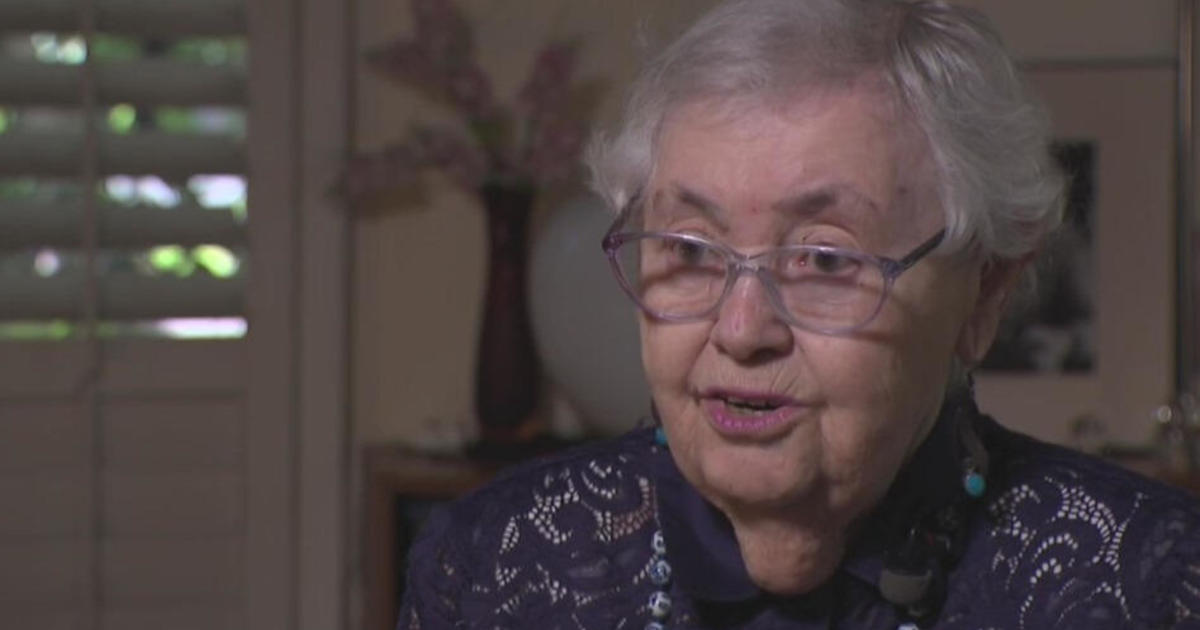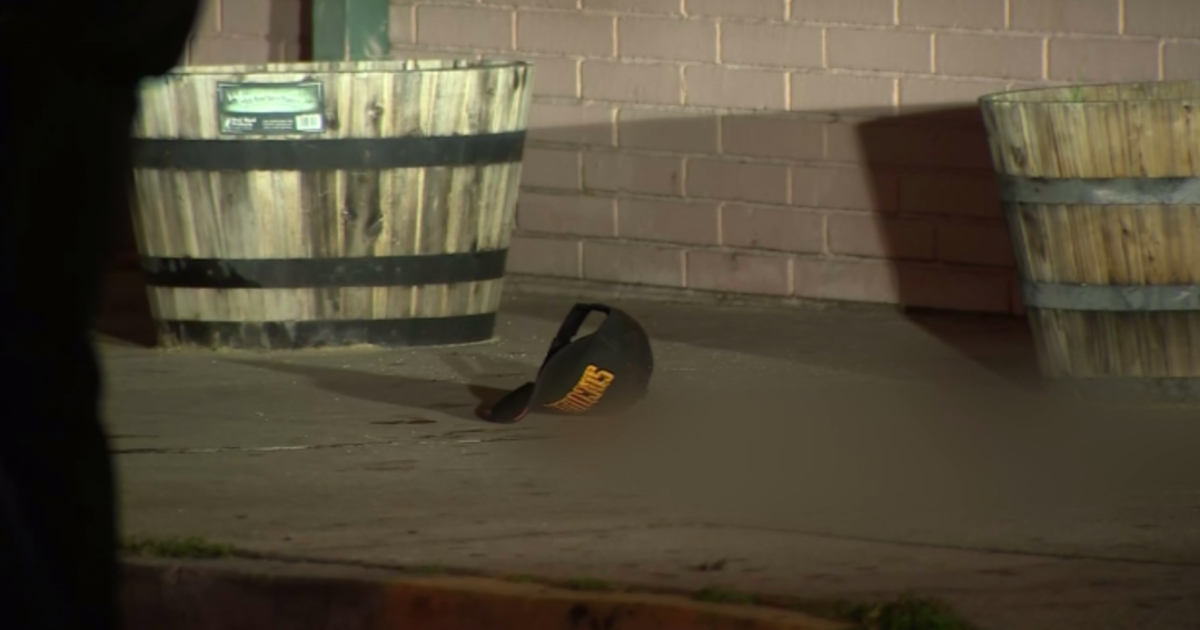LA Woman Describes Serious Sleep Disorder: 'It Feels Like Being Awake Inside A Corpse'
LOS ANGELES (CBSLA.com) — Imagine collapsing suddenly simply from laughing?
For 29-year-old Julie Flygare of Los Angeles, that's exactly what she endured, over and over again.
"I look awake but I wasn't really there. My eyes stay open, but internally, I'm fighting," said Flygare, whose mysterious journey started eight years ago.
"The first thing I started noticing was my knees buckling when I was laughing at jokes," said Flygare.
But her buckling knees were no laughing matter.
"It's just really not a joke," she said. "My biggest fear was falling to the ground without any support."
It took doctors years to diagnosed Flygare with narcolepsy.
"Part of having narcolepsy is having excessive daytime sleepiness," she said. Along with it, a condition called cataplexy.
Flygare demonstrated the sudden paralysis that is usually triggered by emotion.
"My body becomes paralyzed," she said. "The same exact way you should only be paralyzed at night."
In people with narcolepsy and cataplexy, Flygare says, "the boundaries in our brains between being conscious and being in dream sleep have gone haywire."
About 200,000 Americans have narcolepsy and most don't know it. The disease usually strikes between the ages of 10 and 30.
It takes an average of seven years for doctors to diagnose it.
Meanwhile, patients like Flygare, suffer with one of the scariest sleep disorders there is.
"I might look asleep when I collapse but I'm fully conscious so it is a terrifying feeling," she said. "It feels like being awake inside a corpse."
There is no cure, but there are treatments.
One medication helps Flygare reach deep sleep at night. She also needs a stimulant to help her stay awake during the day. The medications, however, cannot totally normalize Flygare's sleep-wake cycle.
The only way to cope she says is to take a nap.
"For me, it is really essential to be able to take a nap," she said.
She says this has been one of the toughest aspects of the disease.
"Because I have felt so ashamed," said Flygare, who explains that sleeping during the day "has a connotation of laziness."
What's more, "I've had to like find places to do that. For a period, I went to my car."
Things started improving when Flygare stopped trying to hide her need for naps and started speaking out.
She now blogs about her battle, has written a book, and has devoted her life to raising awareness of serious sleep disorders.
"No one out there living with this should feel isolated," said Flygare, who has also started the nonprofit, Project Sleep, which lobbies for narcolepsy awareness and awards college scholarships to teens struggling with the disorder.
For more on narcolepsy, cataplexy and Flygare, click here.
This story was produced by Gerri Shaftel Constant, CBS-2/KCAL-9 Medical Producer.



